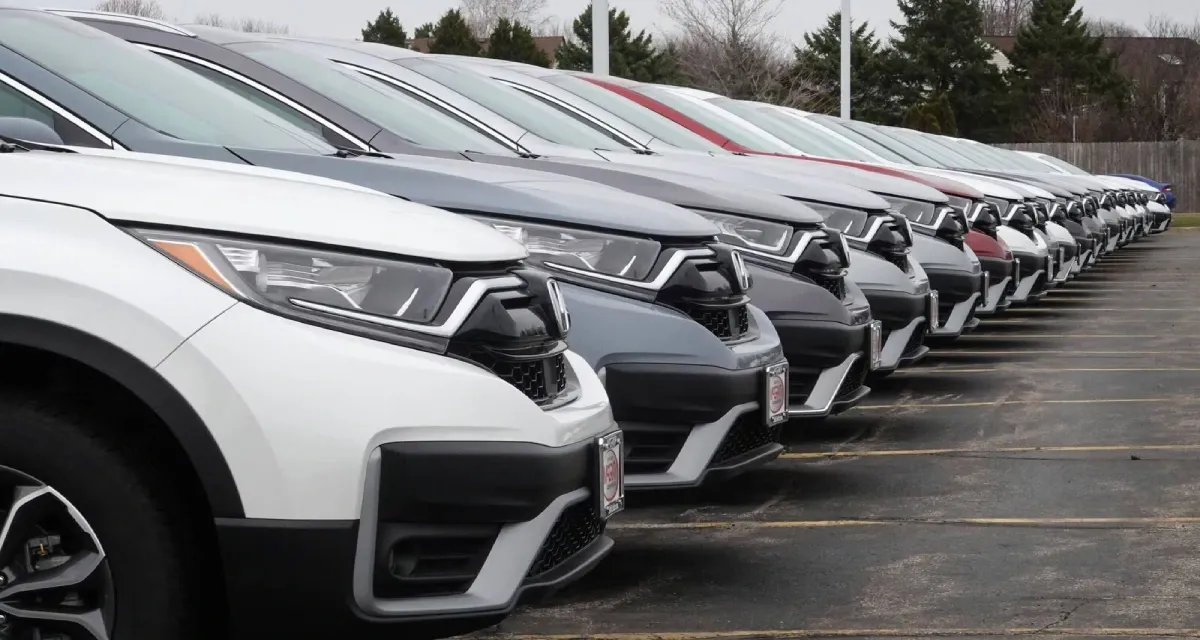

In May 2024, car sales in India experienced a slight dip, marking a small yet noteworthy decrease of 1% compared to May 2023. The drop, while minor, has significant implications for the auto industry, particularly in the world's third-largest vehicle market.
The intense heatwave in northern India during May kept potential car buyers away from showrooms. Many preferred to stay indoors rather than brave the extreme temperatures for car shopping.
The ongoing election-related activities and uncertainties also played a role. With many focused on the political climate, purchasing decisions were delayed. This pause was notable despite several manufacturers offering attractive discounts to lure buyers.
Despite the drop in car sales, the overall vehicle market grew by 2.61% in May 2024. This growth was largely driven by two-wheelers and three-wheelers, which saw increases of 2.5% and 20%, respectively. This suggests a mixed performance within the automotive sector, with some segments thriving while others faced challenges.
One key reason for the slowdown in car sales is the lack of new models. The market has seen fewer new car launches, which typically drive interest and sales.
Car manufacturers are facing stiff competition, which, combined with poor marketing strategies from some Original Equipment Manufacturers (OEMs), has impacted their sales figures. Manish Raj Singhania, President of the Federation of Automobile Dealers Associations (FADA), pointed out that better marketing efforts could have mitigated some of the losses.
Looking ahead, FADA is cautiously optimistic. The post-election period is expected to bring a sense of stability, potentially improving market sentiments and boosting auto retail.
The India Meteorological Department's forecast of an above-normal monsoon season is another positive factor. Good rainfall can lead to increased rural demand, positively impacting the automobile market.
While the monsoon brings hope, extreme weather conditions like continued heatwaves and potentially heavy rains in some regions could dampen buying spirits. Such conditions might keep potential buyers away from showrooms, as seen in May.
To counter these challenges, car manufacturers may need to focus on innovation, bringing new models to market and improving their marketing efforts. This could help in attracting more buyers and boosting sales.
In Summary, The slight dip in car sales in May 2024 reflects the complex interplay of factors like weather conditions and political events. While some segments of the automotive market are performing well, car manufacturers face specific challenges that require strategic responses. With a cautious but optimistic outlook, the industry looks forward to post-election stability and favorable monsoon conditions to drive future growth.
Also Read: